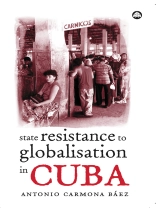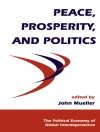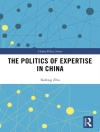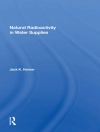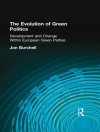How has the government and the people of Cuba actively resisted neo-liberal globalisation? How is it that the Cuban Communist Party continues to exist? To what extent is Cuba affected by global trends and pressures?
Antonio Carmona Báez challenges those on the Left who romantically support the Cuban Revolution as well as those who claim that the free market is the ideal economic model for all states. Instead, he presents an intelligent account of the serious and contradictory consequences of Cuba’s social, political and economic restructuring.
The author revisits the history of the Cuban Revolution, and the crisis after the fall of Cuba’s superpower ally, the Soviet Union, to provide answers to these questions.
Tabela de Conteúdo
Preface
1. Introduction: Neo-liberal Globalisation, Socialism and Anti-Imperialist
State Resistance
2. Conceptualising Cuban Socialism: The Pillars of the Revolution
3. The Causes and Consequences of Cuba’s Crisis in the 1990’s
4. Structural Adjustments and Social Forces in Cuba: How Cuba’s Economic Model Was Shaped by Global Trends
5. Conclusions and Considerations
Bibliography
Index
Sobre o autor
Antonio Carmona Baez is a lecturer in Political and Social Science at the University of Puerto Rico at Bayamón and has taught International Relations and International Political Economy at the University of Amsterdam, the Netherlands.
